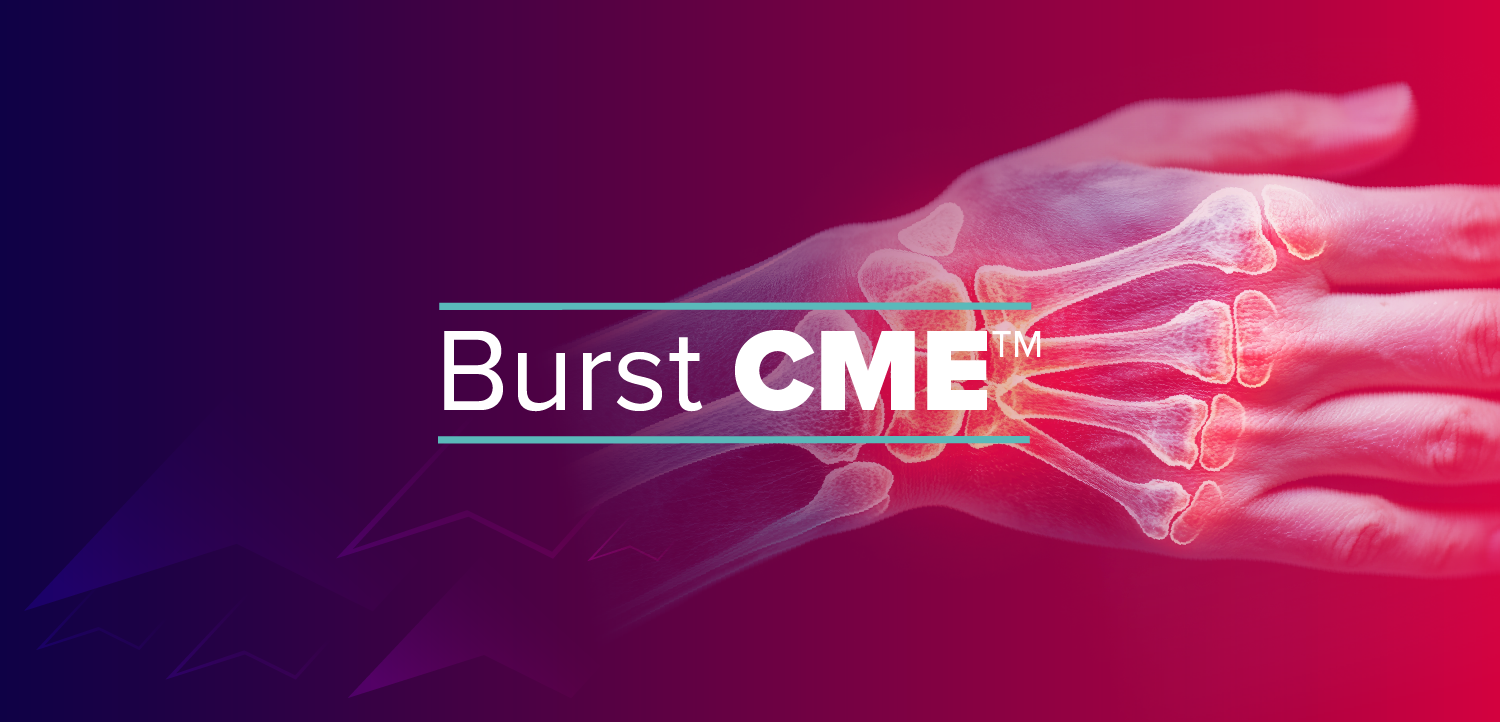
Personal risk management - Domestic employees
A look at the personal legal and financial risks of household employees like nannies, housekeepers, gardeners, and babysitters.
Asset protection for affluent physicians includes both personal and professional risk management issues. Today we look at the personal legal and financial risks of household employees like nannies, housekeepers, gardeners, and babysitters.
One question my clients are often surprised by is when I ask if they have domestic employees and how they are paid. Unfortunately, most people don’t treat these professional relationships with the same level of formality and legal compliance that
The fact is, many Americans are not compliant with tax and labor laws and pay their household employees in cash with minimal record keeping. This works until it doesn’t, usually when there is a dispute over what you owe them, what you have paid them, what you agreed to or when you or they, get audited by the I.R.S.
Here are some basics to consider. As always, when I look at any tax related issue, the first point of authority I seek is the
Tax law compliance and withholding issues
Which household employees are exempt from income tax withholding?
Repairmen, plumbers, contractors, and other businesspeople who provide their services as independent contractors, are generally not your employees. The I.R.S.also says that you don't have to withhold or pay Social Security and Medicare taxes from wages you pay to:
- Your spouse,
- Your child who is under age 21,
- Your parent, unless an exception is met, or
- An employee who is under age 18 at any time during the year, unless performing household work is the employee's principal occupation. If the employee is a student, providing household work isn't considered to be his or her principal occupation.
See I.R.S.
Which employees are subject to withholding and tax reporting rules?
Household workers are your employees (for tax purposes) if you can control not only the work they do, but also how they do it.Household employees include housekeepers, maids, babysitters, gardeners, and others who work in or around your private residence as your employee.
Compensation thresholds to know
If you will pay a housekeeper, cook, gardener, babysitter, or other household worker at least $2,600 in 2023 you have a duty to report and withhold their income and taxes. This amount includes any cash you pay for your household employee’s transportation, meals, and housing. If you will pay at least $2,600 to 1 person, you have additional financial responsibilities.
You must meet those responsibilities to ensure your household worker gets credit toward Social Security benefits and Medicare coverage. When you pay at least $2,600 in wages to a household worker, you must do the following:
- Deduct Social Security and Medicare taxes from those wages.
- Pay these taxes to the Internal Revenue Service (IRS).
- Report the wages to Social Security.
If you pay cash wages of $2,600 or more for 2023 (this threshold can change from year to year) to any one household employee, you generally must withhold 6.2% of social security and 1.45% of Medicare taxes (for a total of 7.65%) from all cash wages you pay to that employee, unless you prefer to pay your employee's share of social security and Medicare taxes from your own funds.
You must also pay your share of social security and Medicare taxes, which is also 7.65% of cash wages (cash wages include wages you pay by check, money order, etc.). If you are going to do this reporting and calculation yourself (not recommended, I tell my clients to use a CPA or a payroll company) you can find the specified dollar amounts and percentages under the topic "Do You Need To Pay Employment Taxes?" in IRS
Newsletter
Optimize your practice with the Physicians Practice newsletter, offering management pearls, leadership tips, and business strategies tailored for practice administrators and physicians of any specialty.











